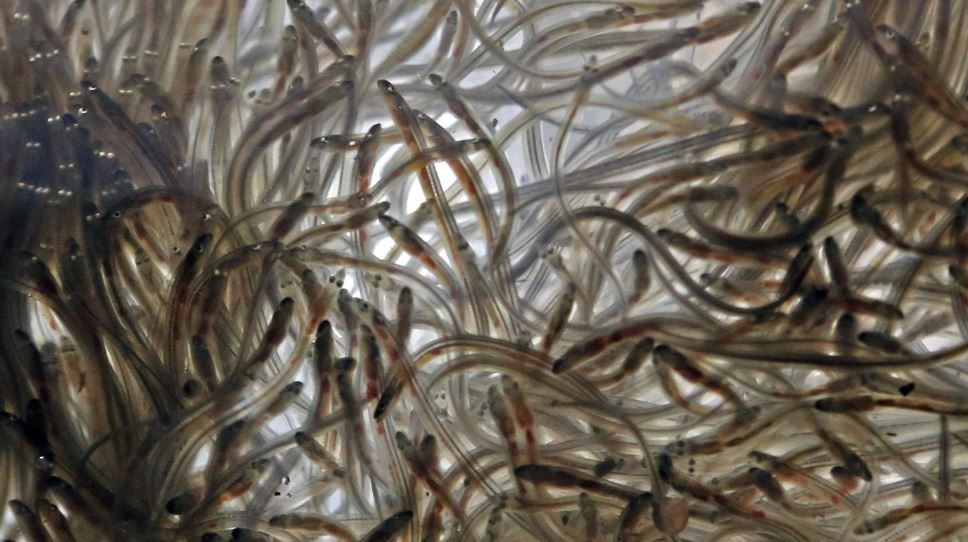New regulations aimed at strengthening the elver fishery in Nova Scotia came into effect on March 1st. These new rules, established by the Department of Fisheries and Oceans (DFO), mandate that licence holders for elver fishing and possession must submit detailed reports. This is intended to enhance the management of elvers throughout the export supply chain. Notably, these regulations apply to both domestic catch and foreign-caught elvers, emphasizing a comprehensive approach to regulatory oversight.
Honourable Diane Lebouthillier, Minister of Fisheries, Oceans and the Canadian Coast Guard, stated, “The Government of Canada is delivering on its promise to have an orderly and sustainable elver fishery this year. The new regulations that we introduced have enabled this lucrative fishery to be open this season to licenced harvesters, and give our fishery officers new tools to reduce unlawful harvesting.” This reflects a commitment from the government to maintain both the sustainability and legality of the elver fishery, which is known for its economic value.
The total allowable catch (TAC) for the 2025 fishing season is set at 9,960 kilograms, keeping in line with the limits established in 2022 and 2023. In a progressive move to support rights-based fishing for a moderate livelihood, the DFO has redistributed 50% of the TAC to First Nations, a decision made based on population size. This aspect of the regulations not only promotes inclusivity but also aims to ensure that Indigenous communities can participate meaningfully in the fishery.
Consultations are currently ongoing with licence holders to finalize the opening date for the elver fishing season in the upcoming weeks. The elver fishery operates predominantly in several regions, including Southwest New Brunswick, the Upper Bay of Fundy, Southwest Nova Scotia, the Eastern Shore of Nova Scotia, and parts of Cape Breton Island. These areas are critical habitats for elvers, making the regulations important for both conservation and the economic well-being of local communities.
Overall, these new measures represent a significant step towards more sustainable fisheries management in Canada. By requiring comprehensive reporting and redistributing catch limits to support Indigenous rights, the DFO is taking an inclusive approach that benefits both the environment and local economies.










